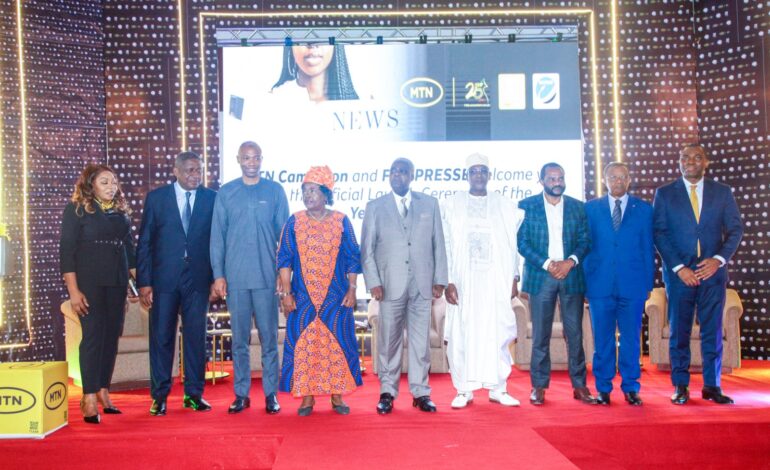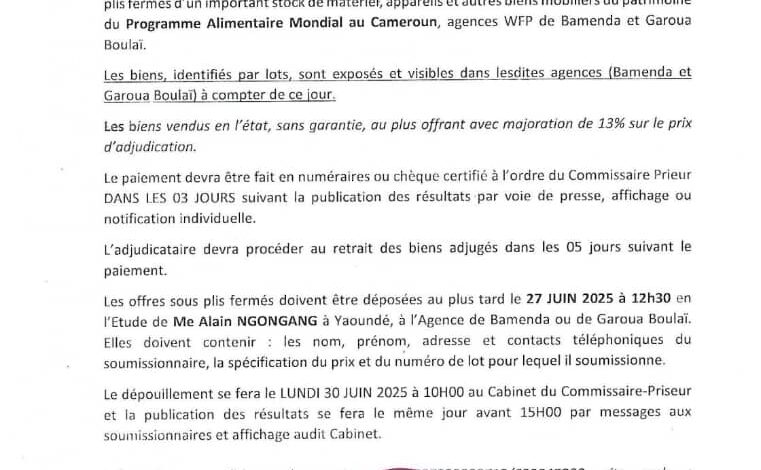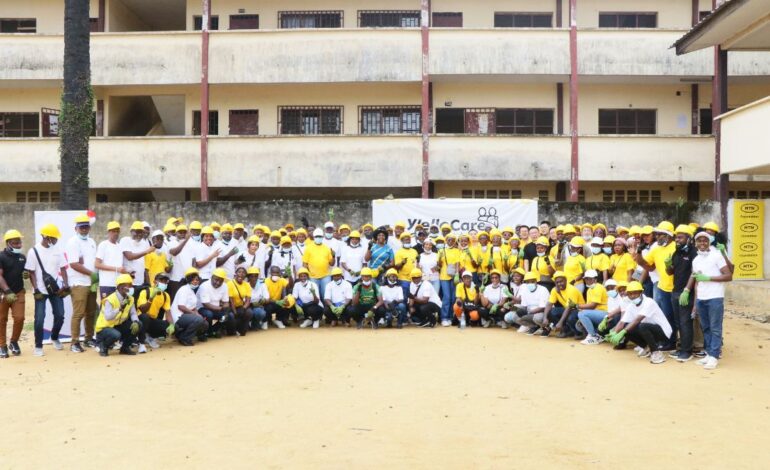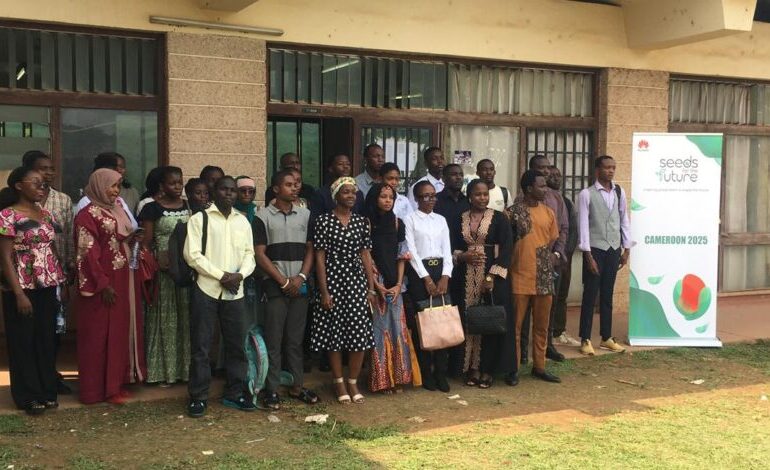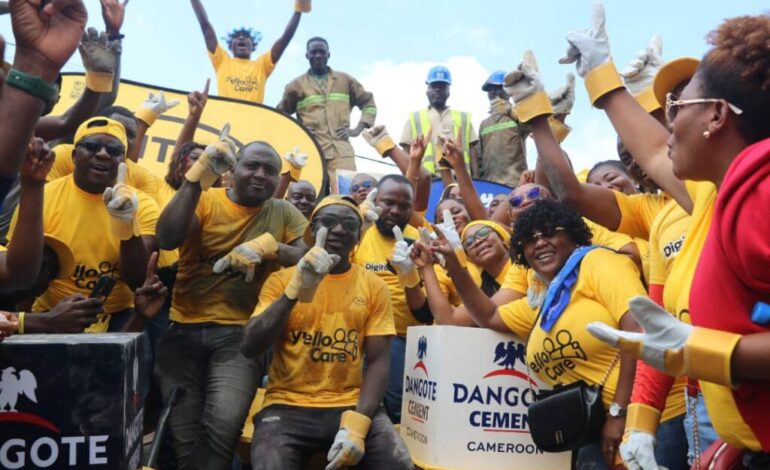MTN et la FEDIPRESSE lancent l’application Y’elloKiosk pour la transformation numérique de la presse écrite au Cameroun
Yaoundé, le 1er juillet 2025 – MTN Cameroon et la Fédération des Éditeurs de Presse du Cameroun (FEDIPRESSE), ont procédé au lancement officiel de l’application Y’elloKiosk, lors d’une cérémonie de haute envergure organisée à l’Hôtel Hilton de Yaoundé. L’événement s’est tenu sous le parrainage du Ministre de la Communication, René Emmanuel Sadi, en présence de la Ministre des Postes et Télécommunications, Minette Libom Li Likeng, du Ministre de la Santé Publique, Dr Manaouda Malachie, des autorités administratives, des dirigeants de médias et des parties prenantes des secteurs public et privé Y’elloKiosk est une application donnant accès aux journaux depuis des terminaux connectés tels que les smartphones et les tablettes numériques. C’est une plateforme innovante conçue pour faciliter la distribution en ligne et la monétisation des contenus de presse. Elle apporte une réponse durable et évolutive aux défis structurels et économiques auxquels fait face la presse écrite, tout en introduisant une nouvelle ère d’accessibilité, de flexibilité et d’innovation dans la consommation de l’information. Cette initiative marque l’aboutissement d’un projet amorcé en mai 2024, avec la signature d’un accord de partenariat entre MTN Cameroon et la FEDIPRESSE, visant à accélérer la transformation digitale de la presse écrite au Cameroun. « Les médias en général et la presse écrite en particulier font face à un défi existentiel. Y’elloKiosk est une réponse qui arrive à temps pour offrir aux entreprises de presse une plateforme numérique accessible, permettant d’améliorer la monétisation de leurs contenus, d’élargir leur audience et de rester compétitives dans un monde de plus en plus connecté. Et plus qu’une innovation technologique, Y’elloKiosk est également une matérialisation de notre vision de la durabilité à travers son impact environnemental, économique et social », a déclaré le Directeur Général de de MTN Cameroon, Wanda Matandela, au cours de la cérémonie. « Ce jour marque le départ d’une nouvelle ère pour la presse écrite : celle de l’entrée dans l’univers aux infinies possibilités du digital. Nous confions au numérique le destin de la vente de nos publications pour atteindre des millions d’utilisateurs d’appareils électroniques. », a rajouté Kristian Ngah, Vice-Président de la FEDIPRESSE et Directeur de publication de The Guardian Post. « Le partenariat entre MTN Cameroon et la FEDIPRESSE incarne une vision moderne et pragmatique de soutien à la presse, en mettant les technologies numériques au service de la diffusion, de la monétisation et de la valorisation du contenu éditorial camerounais. », a conclu René Emmanuel Sadi, le Ministre de la Communication. L’application Y’elloKiosk illustre pleinement ce qu’il est possible d’accomplir grâce à une collaboration public-privé orientée vers l’impact. MTN Cameroon est fier de cette réalisation, qui témoigne de son leadership dans le déploiement de solutions technologiques inclusives, au service du progrès du pays. L’application Y’elloKiosk illustre pleinement ce qu’il est possible d’accomplir grâce à une collaboration public-privé orientée vers l’impact. MTN Cameroon est fier de cette réalisation, qui témoigne de son leadership dans le déploiement de solutions technologiques inclusives, au service du progrès du pays. A propos de MTN Cameroon MTN Cameroon est une filiale du groupe MTN, représenté dans 18 pays à travers le monde, et fournisseur de communications électroniques ainsi que de solutions de paiement au Cameroun depuis février 2000. MTN Cameroon est le leader du secteur des communications électroniques au Cameroun. Communication MTN Cameroon
Read More

